- willbt
- Shaolin Master
- Exploring the Mysteries of Ancient Egypt: The Significance of the Pharaohs in History
Exploring the Mysteries of Ancient Egypt: The Significance of the Pharaohs in History
Published:2025-09-27Edit:OrisVies(7333)
Exploring the Mysteries of Ancient Egypt: The Significance of the Pharaohs in History
Ancient Egypt, a civilization that flourished over 5,000 years ago, continues to captivate the imagination of historians, anthropologists, and laypeople alike. Much of this intrigue revolves around the pharaohs, the monarchs who governed this remarkable civilization. Their significance in history is not only evident in the grand monuments they built but also in the rich tapestry of culture, religion, and governance they established. This article delves into the multifaceted role of the pharaohs, examining their political authority, religious significance, and cultural impact, while exploring the enduring mysteries surrounding their reigns.
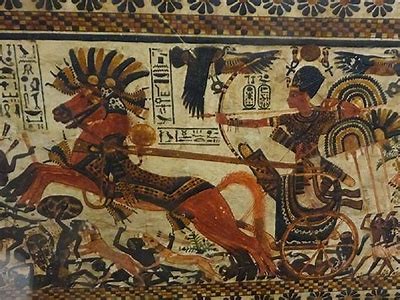
The Role of the Pharaohs in Ancient Egyptian Society
The pharaoh was much more than a mere ruler; they were regarded as a god on Earth, the intermediary between the divine and humanity. This divine status conferred upon them immense power and responsibility. Pharaohs were seen as the guarantors of ma'at, the ancient Egyptian concept of truth, balance, and order. Their primary duty was to maintain justice and harmony, both in the mortal realm and in the afterlife.
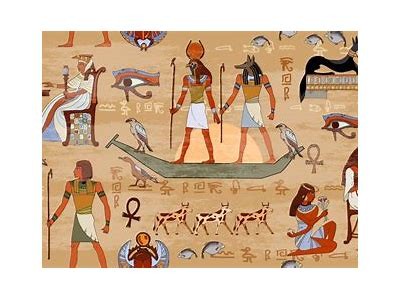
Central to the pharaoh's power was their role as a military leader. Pharaohs led their armies into battle, expanding the kingdom's boundaries and securing its resources. Victories were celebrated in hieroglyphs carved on temple walls, showcasing the pharaoh’s strength and divine favor.
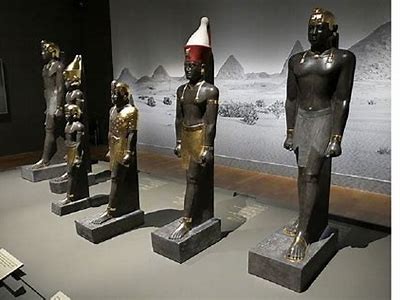
Pharaohs and Religion
The intertwining of religion and governance was palpable in ancient Egypt. Each pharaoh was considered a living deity, with responsibilities extending beyond earthly matters to include the spiritual wellbeing of the kingdom. They were tasked with erecting temples and other monuments dedicated to the gods, ensuring that the divine forces were appeased. Key festivals would often directly involve the pharaoh, reinforcing their vital role in Egyptian religious life.
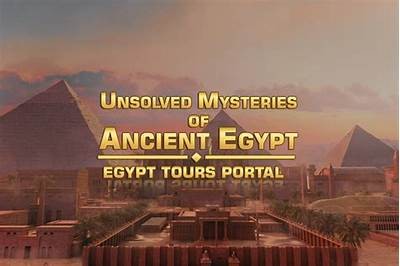
The belief in the afterlife was paramount for the Egyptians. Pharaohs participated in elaborate burial practices that included the construction of monumental tombs. The most famous of these is the Great Pyramid of Giza, which served as a tomb for Pharaoh Khufu. These tombs were seen as gateways to the afterlife, filled with treasures, food, and artifacts necessary for the journey beyond. The preservation of the body through mummification was also a critical aspect of this belief system, showcasing the pharaohs' connection between the physical and spiritual worlds.
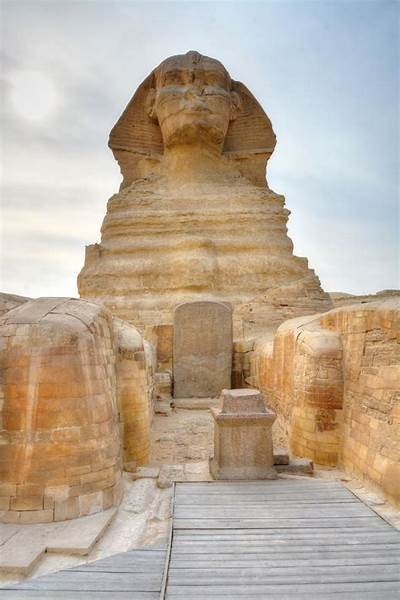
The Cultural Influence of the Pharaohs
Pharaohs were not only powerful political figures but also cultural icons. They patronized the arts, leading to significant advancements in architecture, sculpture, and painting. The style of art flourished during different dynasties, reflecting the individual tastes and preferences of the ruling pharaohs. Today, artifacts from their reigns are invaluable to our understanding of ancient Egypt’s cultural heritage.
Literature and education also thrived under the patronage of pharaohs. Scribes, who held significant power due to their literacy, recorded everything from religious texts to administrative documents. The pharaoh’s role in education ensured that knowledge was preserved and passed down through generations, further embedding their influence in society.
Legacy of the Pharaohs
Even after the decline of the ancient Egyptian civilization, the legacy of the pharaohs has endured. Modern interpretations of pharaonic rule continue to evolve, shaped by ongoing archaeological discoveries and advancements in historical analysis. The fascination with Egyptian hieroglyphics, monumental architecture, and the purposeful ways of governance resonates with contemporary society, providing insight into human civilization and the quest for understanding history.
Today, the pharaohs symbolize not just a moment in history but the timeless human struggle for power, divinity, and legacy. The mysteries that remain—be it the exact methods used to construct the pyramids or the true nature of their connection to the divine—further fuel our desire to explore and understand ancient civilizations.
Conclusion
In exploring the mysteries of ancient Egypt, the significance of the pharaohs becomes increasingly clear. They were central figures in every aspect of Egyptian life, intertwining religion, governance, and culture in a distinctive manner that still influences and inspires humanity today. As we continue to study and uncover the secrets of ancient Egypt, we deepen our understanding not only of a singular pharaoh’s reign but of the universal truths that connect us across time.
The enduring fascination with the pharaohs and their civilization reminds us of the complexities of history and the infinite mysteries that remain to be explored. ```
Tags
Hots
- Uncover Treasure with Hacksaw Gaming Mines: A Thrilling Adventure
- How to Easily Access Lucky Willbet Slot Login for a Fun Gaming Experience
- Experience the Thrills and Challenges of the Cursed Seas Demo Adventure Game
- Exploring Novo Games: The Ultimate Guide to Innovative Gaming Experiences in 2023
- Exploring the Adventures and Lessons from the Diary of a Wimpy Kid Cheese Touch Book
- Guide to Downloading the WillBet App for iOS Devices: Step-by-Step Instructions and Tips
- Discover No Deposit Real Money Bonuses at Merkur Online Casino Today
- Exploring the Profound Insights and Timeless Wisdom of Athena in Ancient Philosophy
- Experience Real-Time Action with Willbet Soccer Live Updates and Features
- Discover the Exciting Interwetten Bonus Offer of 11 Euros for New Players
FriendLinks
- 1、States Where Willbet Operations Are Not Permitted: A Comprehensive Overview for Users
- 2、Experience the Excitement of Fortune Gems 2 with Free Demo Play Available Now
- 3、Interwetten Casino No Deposit Bonus Code: A Guide for Players
- 4、Discover the Best BetUS Promo Code No Deposit Required for Exciting Offers
- 5、Explore the Benefits of Ezzepay in Online Casino Gaming and Transactions
- 6、Comprehensive Review of the Hard Rock Bet App: Features, Benefits, and User Experience